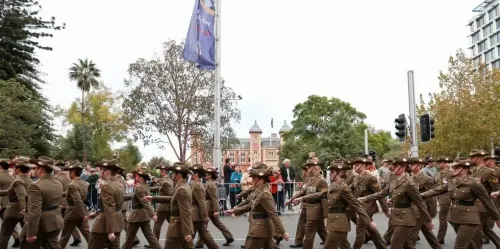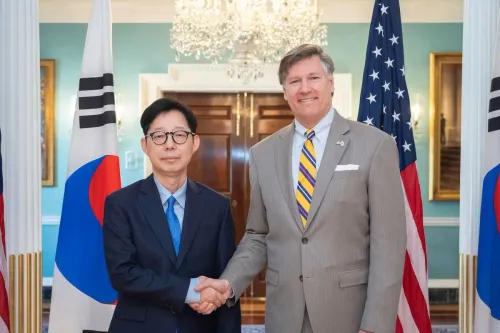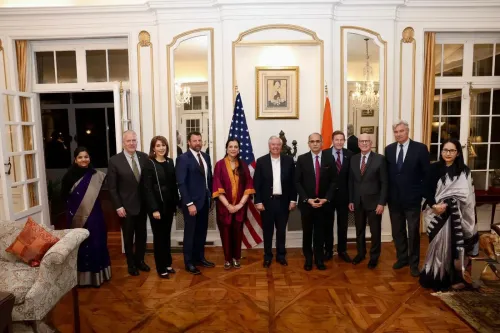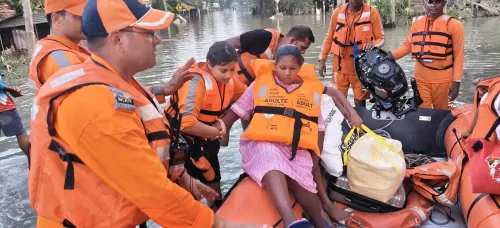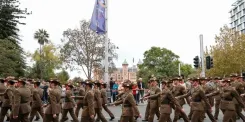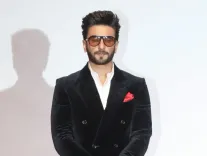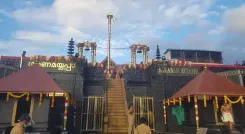Why Did PM Modi Urge Global Unity Against Terrorism?
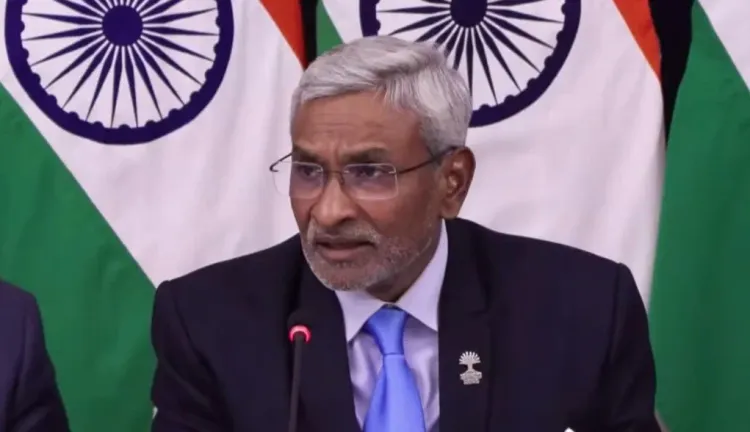
Synopsis
Key Takeaways
- PM Modi's strong stance on terrorism highlights its severity.
- Global unity is essential in combating terrorism.
- BRICS nations showed solidarity against the recent Pahalgam attack.
- Reform of international organizations is crucial for modern challenges.
- Support for developing nations in climate finance and technology is imperative.
Brasilia, July 7 (NationPress) Prime Minister Narendra Modi on Monday strongly advocated for international collaboration in the fight against terrorism. He emphasized that those who finance, support, and offer sanctuaries to terrorists must face severe repercussions, as stated by Dammu Ravi, Secretary (Economic Relations) in the Ministry of External Affairs.
This declaration was made during the BRICS Summit 2025 session focused on peace and security.
Following the session, Ravi highlighted that the Prime Minister pointed out that terrorism is the most significant threat facing humanity today.
"During the peace and security session, the Prime Minister reiterated that terrorism is a serious threat to humanity. He noted that all leaders condemned the recent Pahalgam terrorist attack in the strongest terms," Ravi stated.
The BRICS coalition, which includes 11 nations, resonated with the Prime Minister's remarks in a collective statement, condemning the recent Pahalgam terrorist massacre in Jammu and Kashmir and reaffirming their unwavering commitment to combat cross-border terrorism.
The statement unequivocally condemned any form of support for terrorist organizations.
"Terrorism is the most pressing challenge that humanity faces today," asserted the Prime Minister during the session, emphasizing that "condemning terrorism should be a fundamental principle, not merely a matter of convenience."
He stressed that a selective response to terrorist incidents undermines global consensus on counter-terrorism.
"If our reaction is dictated by the location or target of the attack, it amounts to a betrayal of humanity," he warned.
Ravi elaborated that Prime Minister Modi characterized the Pahalgam attack as an "assault on all of humanity" and insisted there should be no leniency for those aiding terrorism.
"He also highlighted that those who finance, promote, and provide sanctuaries to terrorists must be dealt with in the most stringent manner," Ravi added.
The Secretary noted that all BRICS member states expressed solidarity and strong condemnation of the Pahalgam terrorist attack.
Beyond security issues, Prime Minister Modi addressed global governance and the need to empower the Global South.
He reaffirmed India’s commitment to amplifying the voices of developing nations, particularly in matters like climate finance and access to technology.
"He mentioned that developing nations require enhanced support in terms of climate finance and technology. He reiterated that the global institutions of the 20th century lack the capacity to address the challenges of the 21st century," said Ravi.
Highlighting the necessity for systemic reform, the Prime Minister called for a multipolar and inclusive world order.
He emphasized that international organizations such as the United Nations Security Council, the International Monetary Fund (IMF), the World Bank, and the World Trade Organization (WTO) "must undergo urgent reform to resonate with contemporary realities."


